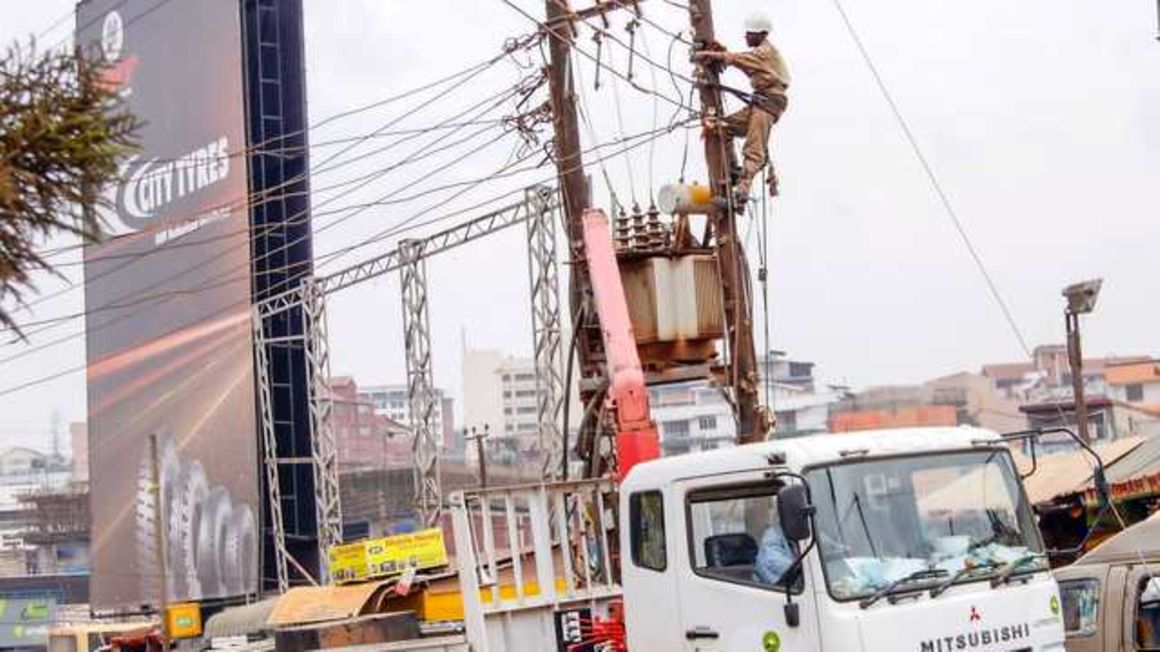Umeme technicians at work in Kampala. The company is Uganda’s sole power distributor. PHOTO | FILE The power distributor’s total sales revenues rose from Ush848.8 billion ($238.9 million) in June 2020 to Ush827.9 billion ($233 million) in June 2021 while net profit before tax increased from Ush32.2 billion ($9 million) to Ush69.6 billion ($19.6 million) during the same period.
Rising import substitution reported in the manufacturing sector is cited for remarkable sales revenue growth recorded during the first half of 2021.
Bold commercial decisions taken by local industrialists in the aftermath of the Covid-19 pandemic have highlighted stronger resilience levels experienced in this sector in contrast to the education, transport, leisure and hospitality sectors
Growing import substitution and partial payment of a huge project debt incurred by government sharply boosted Umeme Ltd’s earnings during the first six months of 2021 amidst soft Covid-19 lockdown measures but political uncertainty surrounding the operational future of Uganda’s largest electricity distributor remains a nagging headache for investors.
The power distributor’s total sales revenues rose from Ush848.8 billion ($238.9 million) in June 2020 to Ush827.9 billion ($233 million) in June 2021 while net profit before tax increased from Ush32.2 billion ($9 million) to Ush69.6 billion ($19.6 million) during the same period.
Repair and maintenance costs also grew from Ush21.6 billion ($6.08 million) to Ush29.2 billion ($8.2 million) in June 2021 — a sign of rising network management pressure faced by the firm during the coronavirus lockdown period that forced many people to work from home alongside distance learning conducted over internet and TV.
Rising import substitution reported in the manufacturing sector is cited for remarkable sales revenue growth recorded during the first half of 2021. Higher consumption
A drastic shift in the industrial sector has forced local manufacturers to invest in domestic production of certain inputs traditionally imported from Asia following severe border disruptions caused by stiff Covid-19 lockdown measures across the world has triggered higher electricity consumption rates, increased productivity and reduced import orders.
Bold commercial decisions taken by local industrialists in the aftermath of the Covid-19 pandemic have highlighted stronger resilience levels experienced in this sector in contrast to the education, transport, leisure and hospitality sectors that have nearly crumbled under the weight of hostile lockdown measures and difficulties in accessing government financial bailout funds allocated during financial year 2020/21.
Electricity sales volumes attributed to extra-large industrial users grew by 18 percent during the first six months […]
